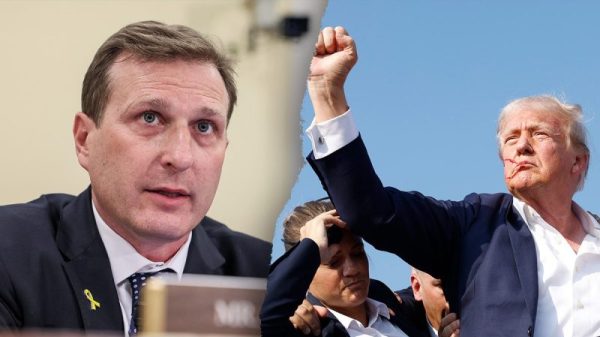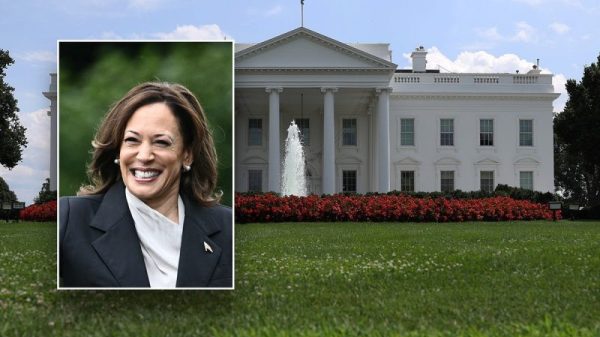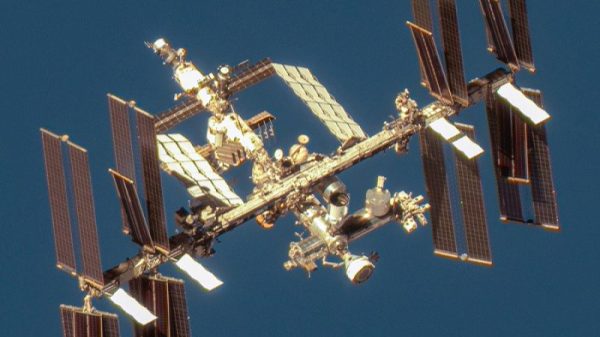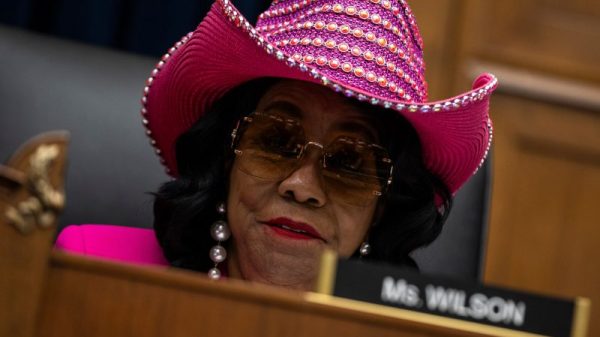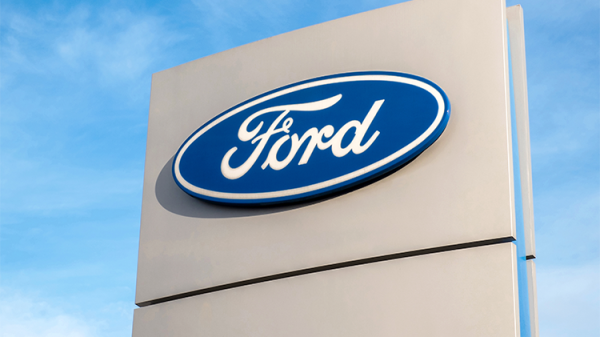SpaceX so far this year has launched its rockets more than 70 times, about one every four days, an unprecedented rate that has upended the industry. But as the company continues to dramatically increase that flight rate, and with its massive Starship rocket ready for another test flight, company officials say they are concerned that the government is not keeping up and is stifling NASA’s ability to return astronauts to the moon.
SpaceX executive William Gerstenmaier, the company’s vice president for build and reliability, told The Washington Post that he intends to press that point at a Senate hearing scheduled for Wednesday, where intends to urge Congress to streamline regulations and increase the number of Federal Aviation Administration staffers devoted to issuing space launch licenses.
“With the flight rates that are increasing, with the other players that are coming on board, we see there’s potentially a big industry problem coming where the pace of government is not going to be able to keep up with the pace of development on the private-sector side,” Gerstenmaier said ahead of his testimony before the Senate Commerce subcommittee on space and science at a hearing titled, “Promoting Safety, Innovation, and Competitiveness in U.S. Commercial Human Space Activities.”
In April, Starship’s inaugural flight attempt ended a few minutes after launch when the most powerful rocket ever built started tumbling uncontrollably and had to be destroyed by its onboard flight termination system. The force of the liftoff, powered by 33 engines, also destroyed the launchpad, and it sent rocks and debris flying across the remote corner of South Texas launch site. No one was injured, but the FAA ordered an investigation, which concluded last month and required SpaceX to perform 63 corrective actions. Musk has said the company completed all the actions required for a license.
The launch attempt also spurred a lawsuit from environmental groups concerned about the impact Starship would have on the area.
Before SpaceX can fly Starship again, it must obtain a license from the FAA “that addresses all safety, environmental and other regulatory requirements,” the FAA said in a statement last month. “The FAA is optimistic it may complete the safety review of the license application by the end of October.”
But the FAA also said the company must adhere to an additional environmental review process it is undertaking with the U.S. Fish and Wildlife Service. The consultation with Fish and Wildlife apparently will now extend into November, an FAA official recently told The Post.
SpaceX officials told The Post that they worked for two years to obtain the initial Starship launch license and have been waiting for months for the second.
“We’ve been ready to fly for a few weeks now,” said SpaceX senior vice president Tim Hughes, who oversees global business and government affairs for the company. “And we’d very much like the government to be able to move as quickly as we are. If you’re able to build a rocket faster than the government can regulate it, that’s upside down, and that needs to be addressed. So we think some regulatory reforms are needed.”
In 2021, NASA awarded SpaceX a $2.9 billion contract for Starship to ferry astronauts to and from the surface of the moon as part of the space agency’s Artemis program. Given that, the FAA should work expeditiously, the company officials said in the interviews.
“There should be some sort of prioritization relative to programs of national importance,” Hughes said. “For instance, launches that serve the Artemis program. One would think that those would be treated with the utmost efficiency, all within the context of protecting public safety.”
SpaceX owner Elon Musk has long bristled at regulators and previously has criticized the FAA as moving too slowly. In late 2020, the company launched a prototype of its Starship spacecraft in violation of its license. “Unlike its aircraft division, which is fine, the FAA space division has a fundamentally broken regulatory structure,” Musk wrote at the time on Twitter, now renamed X. “Their rules are meant for a handful of expendable launches per year from a few government facilities. Under those rules, humanity will never get to Mars.”
Recently, Musk met with senior FAA officials in Washington in what officials said was a cordial and productive encounter.
The FAA did not respond to a request for comment. But in a recent blog post, Kelvin Coleman, the head of the FAA’s Office of Commercial Space Transportation, said the agency has been “challenged to keep pace with this industry — keeping pace intellectually, not just in licensing. That’s what makes it fun. We like rising to the challenge.”
“As we see more companies and the cadence of operations increase, what that means for us is increased demand for our products and services. We still have some growth to do on how we deliver on that demand,” he said.
A senior FAA official who spoke on the condition of anonymity because of not being authorized to speak publicly said the agency’s space division “has been calling for more resources for several years, but with little luck.” That person said the agency has “had to shift all of the resources that we have allocated for [SpaceX’s] programs to Starship to support the next launch; meaning work on Falcon [another SpaceX program] is on hold for the moment. So they’re starting to feel it in a real way.”
The demands on the FAA are only going to grow. In 2015, the agency, which primarily is concerned with protecting people and property on the ground, licensed just 15 launches. The number is projected to grow to 288 by 2027.
SpaceX intends to launch as many as 12 times a month next year and hopes to use Starship to begin putting its next generation Starlink internet satellites into orbit. New rockets being developed by the United Launch Alliance, a joint venture of Boeing and Lockheed Martin, and Blue Origin, the space venture founded by Jeff Bezos, are expected to start flying in the coming months or years. (Bezos owns The Washington Post.)
“I think the concern overall is we’re really slowing down what the government wants to do,” Gerstenmaier said. “We’re jeopardizing U.S. leadership by the current approach. And I think this is a very pivotal time, because I only see it getting more intense as other providers come online and more activities are going to be moving forward.”
It is also hurting SpaceX, he said.
“The innovation that we need to keep to be a leader in spaceflight is being jeopardized because it’s incompatible with the regulatory approach,” he said. “I want to stress we’re not saying we want to put public safety at risk in any way, shape or form. We want to protect public safety. But we want to move as fast as we can move within that framework.”



